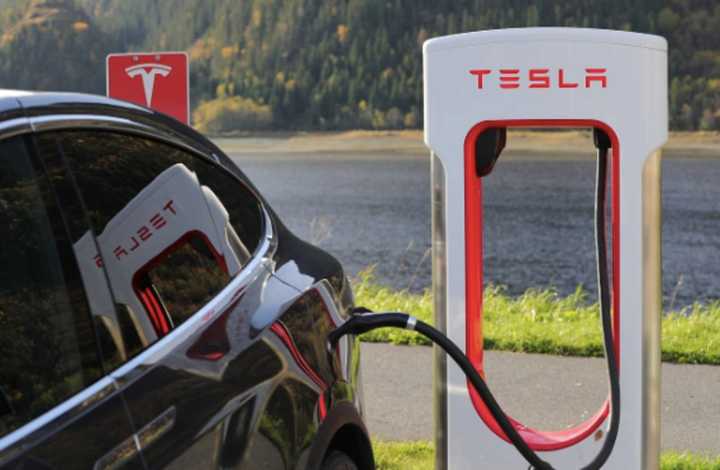The National Highway Traffic Safety Administration (NHTSA) opened the probe into Tesla's "Actually Smart Summon" system on Monday, Jan. 6. A preliminary investigation report said the auto safety agency was looking into at least four crashes involving Teslas using the self-driving feature.
The investigation includes an estimated 2,585,000 Teslas with full self-driving (FSD) capabilities. The models include 2016-2025 Model S and Model X, 2017-2025 Model 3, and 2020-2025 Model Y vehicles.
NHTSA is probing concerns that the "Actually Smart Summon" system may not provide operators with adequate time to react to obstacles, especially in low-visibility or tight proximity situations. The feature allows users to remotely move their vehicle using a smartphone app.
The NHTSA Office of Defects Investigation (ODI) received one official complaint regarding a crash caused by "Actually Smart Summon". The office was also reviewing three media-reported incidents with similar circumstances.
These crashes occurred when the system failed to detect posts or parked vehicles, leading to collisions.
"ODI is aware of multiple crash allegations, involving both "Smart Summon" and "Actually Smart Summon", where the user had too little reaction time to avoid a crash, either with the available line of sight or releasing the phone app button, which stops the vehicle’s movement," the NHTSA said in its report.
“Actually Smart Summon” replaced the earlier “Smart Summon” system, extending the vehicle’s operating range and introducing live camera feeds through the app. Despite the enhancements, the ODI noted 12 additional complaints of similar crashes linked to the original “Smart Summon” feature.
The NHTSA investigation will examine the system’s performance, including its maximum operating speed, app connectivity delays, and response times under various conditions. Officials will work to determine if the feature can be safely used on public roads or in environments beyond its intended design parameters.
This investigation marks the latest scrutiny of Tesla’s advanced driver-assistance technologies, adding to ongoing concerns about their safety and reliability. NHTSA previously opened an investigation in October 2024 into 2.4 million Tesla vehicles equipped with FSD software after four reported collisions, including a 2023 deadly crash, Reuters reported.
NHTSA has not set a timeline for completing the evaluation.
Click here to follow Daily Voice New Windsor and receive free news updates.
